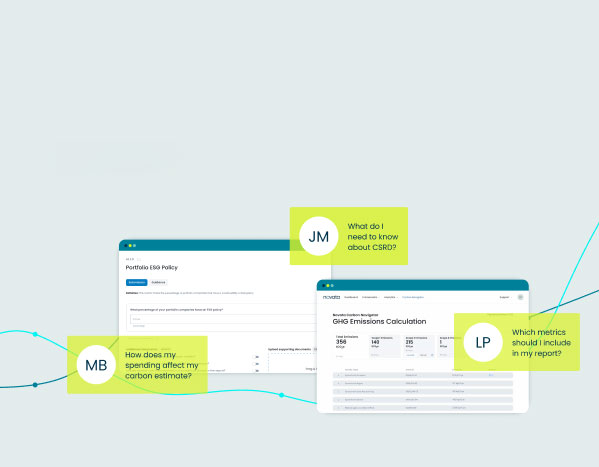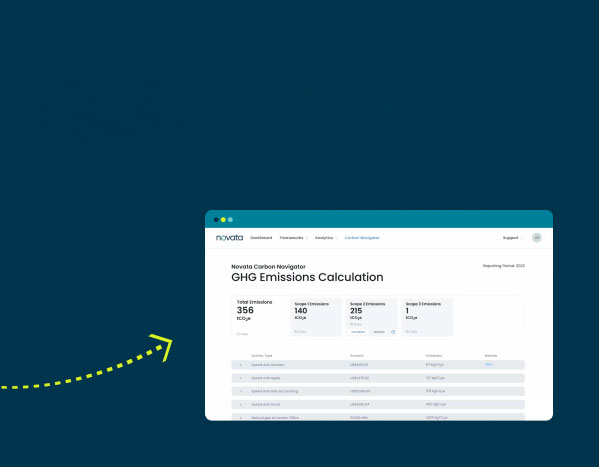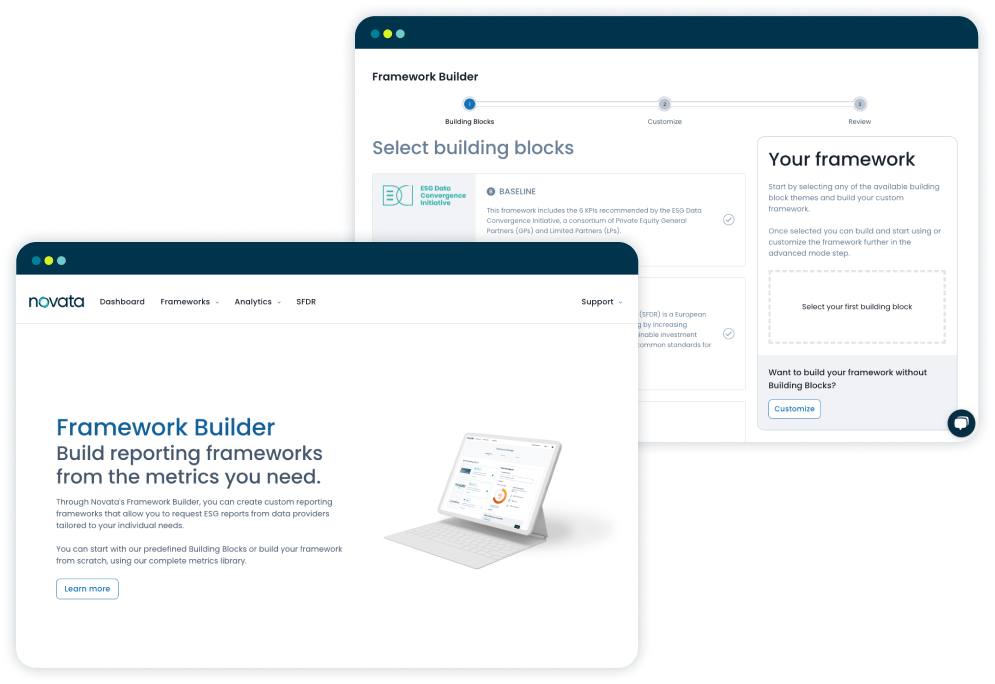What’s the difference between
frameworks, standards, and regulations?
With ESG constantly evolving, frameworks, standards, and regulations help standardize reporting and disclosure. Standardization helps improve understanding of the material impacts of business on sustainability factors, enable peer-to-peer comparison of ESG data, and allows for replicability across industries and sectors.









